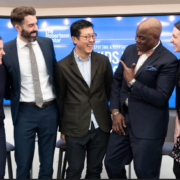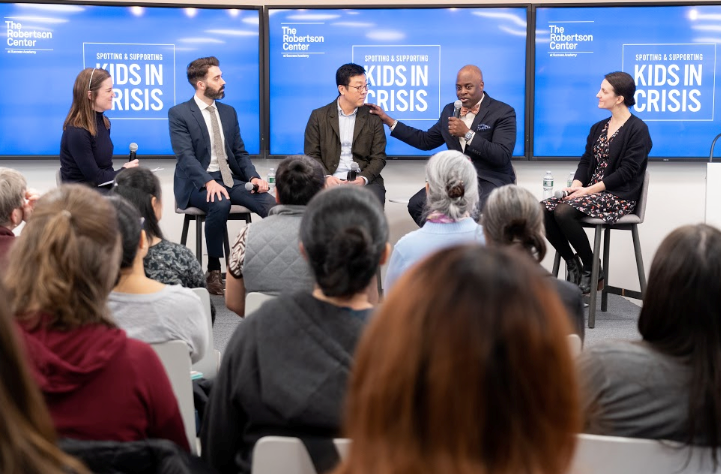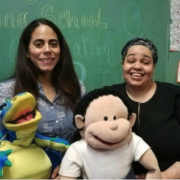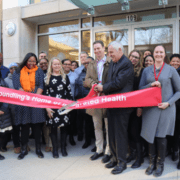For over 150 years, The New York Foundling has worked in partnership with our neighbors to ensure that everyone can meet their full potential when facing challenging situations. This hasn’t changed, and our staff continue to provide life-changing and meaningful support in light of the COVID-19 pandemic. This series shares how The Foundling’s many programs are responding to the needs of their community.
In the final post for our blog series, “Our Work Continues”, we share how The Foundling’s medical clinics adapted their efforts and work to deliver essential health services to youth in foster care over the past five months. With clinics located in the Bronx, Brooklyn, Queens, and Staten Island, The Foundling provides free medical services to all young people in Foundling foster care programs, as well as children in other agencies city-wide. Using a personalized, multi-faceted, and wide-reaching support model, The Foundling’s medical staff work as a team to improve the health and wellbeing of children each and every day.
——————————————————————————————————————————————
Across The Foundling’s four medical clinics, 38 medical staff care for nearly 700 children in foster care at any given time and track about 3,000 visits to the clinic each year. “We do the same kind of work a regular pediatrician’s office does,” says Kendra Morgan, a Nurse Practitioner, “but our clinics are designed specifically for helping children in foster care.”
Like pediatrician’s offices across the country, The Foundling’s clinics have remained open throughout the COVID-19 pandemic, but with safety measures in place to protect both staff and our patients. “We schedule telehealth appointments when possible, but many still need to be seen in person—particularly infants and children due for vaccinations,” explains Bonni Krauss, a Registered Nurse.
“Many children across the country are falling behind on their vaccinations because of COVID-19,” elaborates Margaret Dewar, Assistant Vice President of Medical Services. “But not our kids. Not if we can help it.”
Every family member coming into the clinic is screened before they come through the door and given a face mask if they aren’t wearing one already. Additionally, staff coordinate transportation if needed, so families can travel to and from their appointments safely.
“Managing fears and educating families about COVID-19 has been a large part of the work we’ve been doing since March,” says Margaret. “We sent letters and made phone calls whenever we received new information about the virus.”
Staff who work across The Foundling’s medical clinics attend weekly webinars and receive updates on New York’s guidelines as they evolve. They also make themselves available to families for consultations on nights and weekends. “We have after hours staff covering the phones 24/7, and we also give families our work cell phone numbers, too. We want our families to know that we are there for them to answer COVID-19-related questions,” Bonni says.
Both Kendra and Bonni agree that the increased communication between staff and the families has brought them closer together and is resulting in more positive outcomes. One patient, who found out she was pregnant during this challenging time, wasn’t really engaged with her prenatal care at first. “But Bonni was persistent in scheduling all her appointments, coordinating all her rides, and talking her through her fears surrounding being a new mother during COVID-19,” Kendra continues. “In the end, the patient went from not being engaged to being very engaged in her pregnancy, because she had Bonni to plan with and confide in. She knew she wasn’t alone.”
The health services staff has relied heavily on each other over the past five months. “Everyone was willing to help each other out and cover shifts across clinics,” says Margaret. For example, “one of our psychiatrists is also a trained pediatrician. She offered to fill in should the need arise.”
“We had a few patients test positive for COVID-19, but thankfully a lot less than we expected,” Margaret continues. “It was tough. We had to grapple with test shortages, PPE shortages, and adhere to the State’s frequently changing guidelines. The great collaboration we needed to happen in a time of uncertainty did happen. I am very proud of our team.”

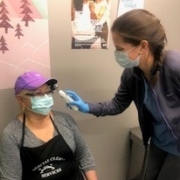
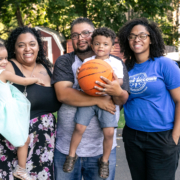
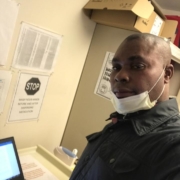
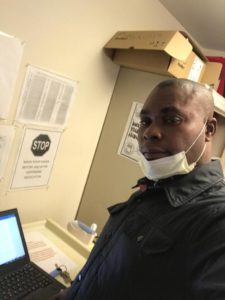
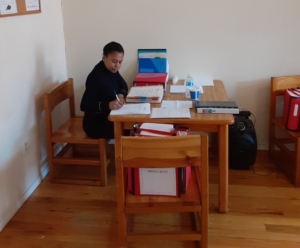
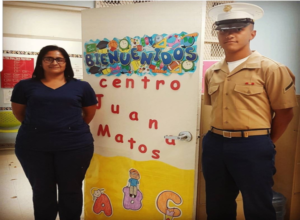
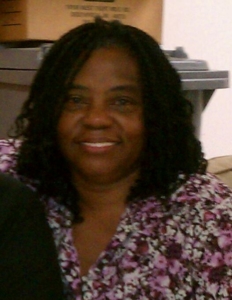

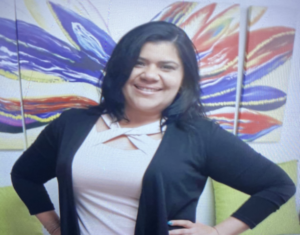

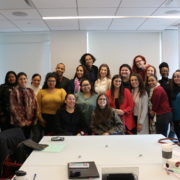
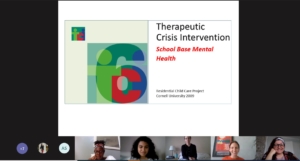 As of April, the School Based Mental Health Services team has provided Telehealth treatment to 212 students and families, 277 therapeutic sessions, and helped schools respond to six community member mental health crises. Unsurprisingly, these statistics are on par with our impact when schools are in session, demonstrating the team’s adaptability as well as the essential nature of the program.
As of April, the School Based Mental Health Services team has provided Telehealth treatment to 212 students and families, 277 therapeutic sessions, and helped schools respond to six community member mental health crises. Unsurprisingly, these statistics are on par with our impact when schools are in session, demonstrating the team’s adaptability as well as the essential nature of the program.